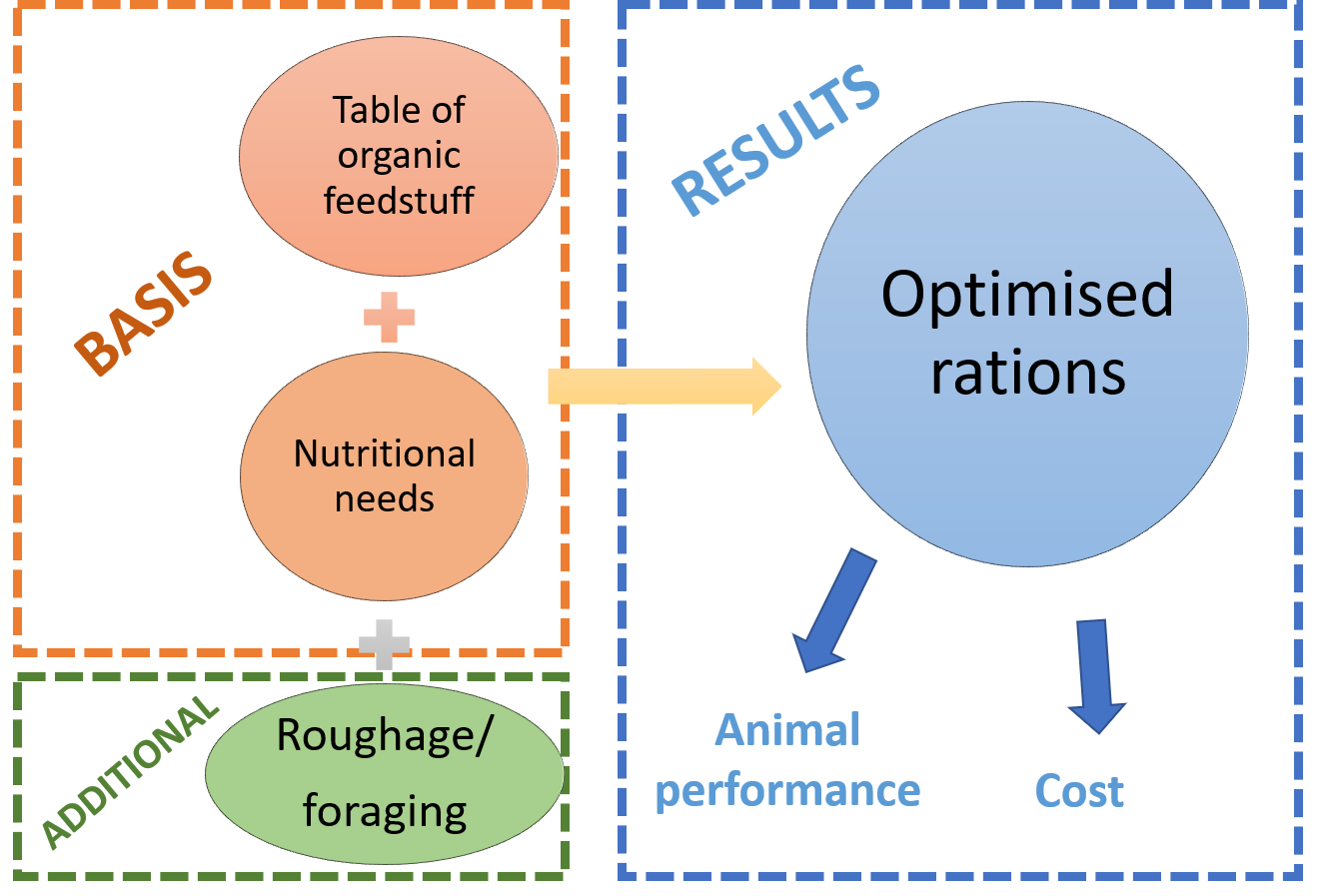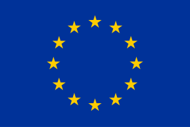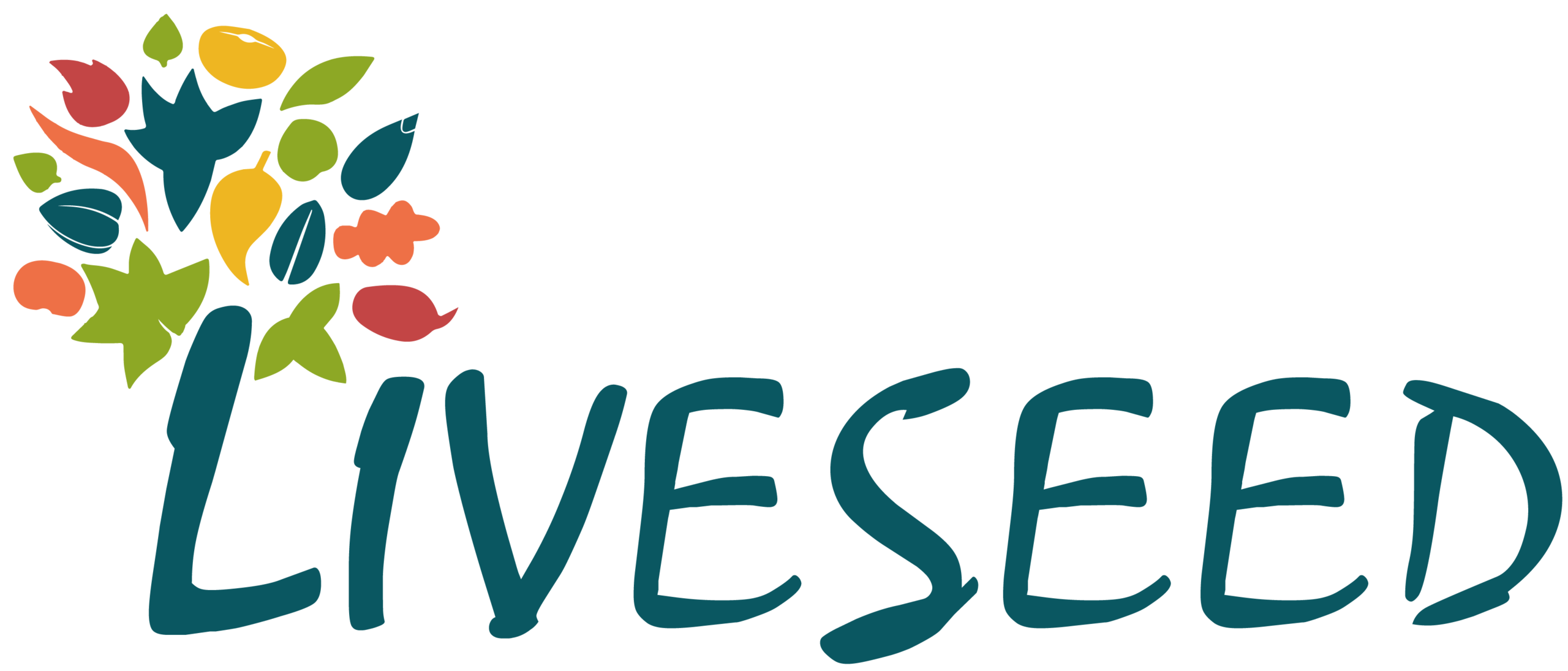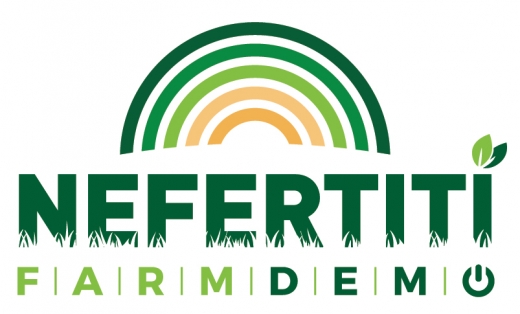Review of events
On 18 March, ITAB organised a training on the ration planning tool developed within the OK-Net EcoFeed project, in cooperation with FiBL and IFOAM Organics Europe.
What is known as “ration” for animals is what we call “diet” for humans. A nutritionally balanced ration is a must for healthy and strong organic animals. The ration planning tool, developed within the OK-Net EcoFeed project, enables users to calculate feed rations for pigs, broilers and laying hens, independent from the feeding industry and adapted to organic farming conditions and for various scenarios depending on type of animal, age, slaughter weight, laying potential and many more.
About 30 participants attended the training, during which the presenters showed tool and its features, including two practical examples. The training used a hands-on approach allowing attendees to independently use the tool and ask their questions. Moreover, the training also provided participants the opportunity to provide feedback, so the developers can continue improving the ration planning tool to best address organic producers’ specific needs.

The tool and its manual are available on the Organic Farm Knowledge platform for all farmers and advisers interested in achieving 100% organic diet for monogastric animals. Please open this page in the Chrome or Edge browsers since Firefox does currently not support the file.
Visit the OK-Net Ecofeed website to learn more and follow the latest project’s developments on Twitter and Facebook using @ecofeed and #OKNetEcofeed.
OK-Net EcoFeed helps organic pig and poultry farmers to achieve the goal of 100% use of organic and regional feed. The three-year project will extend the OK-Net knowledge platform. IFOAM Organics Europe coordinates the project consisting of 11 partners and 8 third linked parties from 12 countries. Dissemination towards all actors in the EIP-AGRI network is an integral part of the OK-Net EcoFeed activities. OK-Net Ecofeed is an EU Horizon 2020-funded project.


OK-Net EcoFeed has received funding from the European Union’s Horizon 2020 research and innovation programme under grant agreement No 773911. This communication only reflects the author’s view. The Research Executive Agency is not responsible for any use that may be made of the information provided.
On 30 March, LIVESEED invited Members of the European Parliament (MEPs) and their staff to present them the outcomes of the LIVESEED project and the relevance of the temporary experiment on organic varieties.This webinar was one of the activities to explain outcomes of the LIVESEED project to politicians and enable them to consider these outcomes in the current and upcoming political processes.
Martin Sommer, Policy Coordinator on GMOs, Patent and Seeds, IFOAM Organics Europe, highlighted the EU’s political context shaped by the Farm to Fork strategy and the upcoming Organic Action Plan –expected to result in a higher demand for organic seed and cultivars adapted to organic farming systems. However, Martin did stress that there are various bottlenecks that need to be tackled to upscale production of organic seed. These bottlenecks can be overcome by implementing the LIVESEED policy recommendations presented to the audience earlier. These recommendations include the European Router Database that went online recently and national roadmaps that define step-by-step goals and actions to map the way towards 100% organic seed.
In the second part of the webinar, Monika Messmer, Group lead Plant Breeding, FiBL Switzerland, explained why organic systems require new varieties suited for organic production and why the temporary experiment on organic variety testing (defined in the New Organic Regulation) is crucial to facilitate the registration and bringing to the market of organic varieties suited for organic production.
As the European Parliament is currently debating the upcoming Organic Action Plan and has a say in the distribution of EU budget towards experiments such as the one on organic varieties, this webinar was very timely and successfully showcased the outcomes of LIVESEED and their political relevance.
Visit the LIVESEED website to learn more and follow the latest project’s developments on Twitter and Facebook using @LIVESEEDeu and #LIVESEEDeu.
LIVESEED aims to boost organic seed and plant breeding across Europe. IFOAM Organics Europe and FiBL-Switzerland coordinate the project with 50 partners covering 18 EU countries. The LIVESEED project will increase transparency and will provide recommendations on organic seeds. The project partners analyse national seed databases and factors influencing organic seed production and use. They also explore national policies, smart practices, build EU infrastructure and analyse issues on propagation. The partners also want to advance testing protocols to improve the availability of organic seeds, ensuring they are adapted to the realities of organic farmers. LIVESEED is an EU Horizon 2020-funded project.


LIVESEED has received funding from the European Union’s Horizon 2020 research and innovation programme under grant agreement No 727230 and the Swiss State Secretariat for Education, Research and Innovation under contract number 17.00090. This communication only reflects the author’s view. The Research Executive Agency is not responsible for any use that may be made of the information provided.
The fourth NEFERTITI Annual Meeting was all about collective reflection: from demonstration and facilitation to network sustainability, communication, dissemination and outreach, with plenty of opportunities to discuss and exchange in small groups.
As IFOAM Organics Europe we are Deputy Leader of Networks 3 (organic animal husbandry) and 6 (organic arable cropping) and participated in the two-day online event and Network 6/arable sector break-out sessions moderated by Network Leader Mateusz Sękowski, Head of the Department of Systems and Technology in Agriculture, Agricultural Advisory Center in Brwinów Branch Office in Radom, Poland.

Virtual demo events: lessons learned
Despite the COVID-19 crisis, the NEFERTITI projects reached the number of events per network. Most innovations presented and demonstrated during demo events came from research & innovation (40%), the farmers directly (35%), and the supply chain companies (25%). The highest ranked goal was innovation uptake.
Lessons from virtual demos include:
- The quality of virtual demos can still be high;
- Virtual settings may even make demos more accessible to some, attracting people who are far away and lifting boundaries;
- Technicalities and knowledge exchange may pose hurdles but trial and error and good preparation can overcome these;
- To manage diverse networks, it is important to make a plan and follow up on it;
- It is crucial to ensure everybody is on board by identifying common interests, meaningful content, creating an atmosphere of trust, openness and fun, good facilitation, and in-between informal exchange (using sticky notes, MentiMeter feedback etc. can be ways to include all participants);
- Virtual demos can include pre-recorded videos, live interaction (in studio), facilitated virtual exchange, virtual presentations, live connection to the field, experts’ experiences, virtual Q&A etc.
Learning by doing: Setting up virtual demos
After selecting a topic (scientific/technical/agronomic content), the objective of the live/virtual demo should be clarified (e.g. inspiring, enabling implementation or collecting feedback to improve an innovation) before designing the set up and optimising peer-to-peer learning. Organisers can encourage reflection through objective, reflective, interactive and decision questions. If the content is attractive and farmers are able to practice and provide feedback, 90% of participants will remember a virtual demo.
While the development of the national situation for face-to-face meetings in countries participating to NEFERTIT is still uncertain, the networks hope to be able to organise physical demo events in 2021 or 2022. Participants also stressed that it is essential to continue regular meetings and exchange within the project’s networks, sharing information, progress and best practices. Especially for farmers themselves, cross-visits (for Network 6 potentially in Finland) are considered indispensable to learn by doing.
Network sustainability
Key elements to making a hub/network sustainable:
- Financing, such as connecting with EU projects, rural development programmes, new EU instruments to support innovation such as EIP-AGRI, etc;
- Institutional ownership and the functional model (governance, partnerships, demo events…); and
- Policy interaction.
Member States assign different value to demo farms in their AKIS systems. The entire structure should be able to sustain also Thematic Networks. Liaising with other Horizon 2020 project, such as I2Connect, was a suggestion from participants.
To make practical knowledge available and easily accessible in a centralised place to the farming community in the long term, IFOAM Organics Europe is also involved in the Horizon 2020 projects EURAKNOS and EUREKA, with EUREKA going beyond Thematic Networks to include all EU multi-actor projects. Similarly, the online platform Organic Farm Knowledge was set up to make practical knowledge generated by EU projects and tools for organic farming available.

Communication, dissemination and outreach
In terms of communication, participants identified the leaflet describing the hub campaign as well as a series of short videos with farmers’ testimonies as most effective and attractive. The videos should be promoted on social media and link to the website. For dissemination of the training kit, agricultural schools might be a good channel. Through the exercises during the annual meeting, the networks could directly apply presented input.
What’s next for the NEFERTITI project?
The meeting ended with an outlook on the next steps: The project is expected to be extended by 6-9 months. Each hub will organize at least one virtual demonstration, making use of facilitation skills and all NEFERTITI tools. The platform will be improved, and the final conference (FarmDemo Conference 2.0) will be held together with the new project IPMWORKS as well as potentially new Horizon Europe projects as there will be a new, follow-up project on farm demos.
Check out the NEFERTITI project website for more information about the project and networks, results and resources, news, videos, newsletters and, of course, a link to the FarmDemo platform.
For more information about IFOAM Organics Europe and its members’ involvement, please contact [email protected].
The NEFERTITI project an EU-wide connected network of demonstration and pilot farms to enhance knowledge exchange and innovation uptake. It established 10 interactive thematic networks, connected 45 regional clusters of demo-farmers and related actors in 17 countries. IFOAM Organics Europe is a partner in the project.

The “Best Economy Forum” (BEF), an alternative economic summit, took place from Tuesday, 20 April to Thursday, 22 April 2021 under the theme of “Take action not words”. In this format, the four founding organisations – Bio Hotels, Economy for the Common Good, Bioland and FiBL – invited companies to join a discussion on sustainable business.
Over the course of the three-day event, more than 200 participants discussed and exchanged ideas on strategies and ways to achieve sustainable development in companies. Experienced entrepreneurs and moderators accompanied the process and guaranteed effective, personal and intensive matchmaking. Originally planned as a hybrid event to take place at Andechs Monastery, the BEF could only take place digitally in the end. Even so, this year’s BEF was just as lively online thanks to a platform which worked excellently and participants who were eager for knowledge and to share their ideas. And the feedback from participants was equally as enthusiastic.
“The Best Economy Forum 2021 has shown that we are witnessing the beginning of a growing movement of economic actors who can make a difference.” Jan Plagge, Chairman of BIOLAND and President of IFOAM Organics Europe.

The end of the BEF signals the start of a sustainable movement
Although the main BEF event ended last Thursday, the exchange of ideas will, at the request of participants, continue on the platform www.besteconomyforum.org. The many inspirations and newly acquired contacts can be reached here. All speakers’ presentations can be accessed again and there are also plans to create a lounge for the exchange of ideas with like-minded people. This means that anyone who has been motivated by the BEF and wants to bring about changes within their own company can find the perfect network via the platform. Journalists interested in accessing the platform can get in touch with BEF.
Save the date: The third edition of the Best Economy Forum will take place in May 2022.
The Best Economy Forum was launched in 2019 in cooperation with the four associations Bioland, Bio Hotels, FiBL and Gemeinwohl-Ökonomie. The aim of the forum is to inspire companies to set themselves up sustainably.
Because a future in the sense of a common good can only succeed if the economy focuses on the preservation of the earth and people and not on maximising profit and growth. IFOAM Organics Europe supports the Best Economy Forum.

